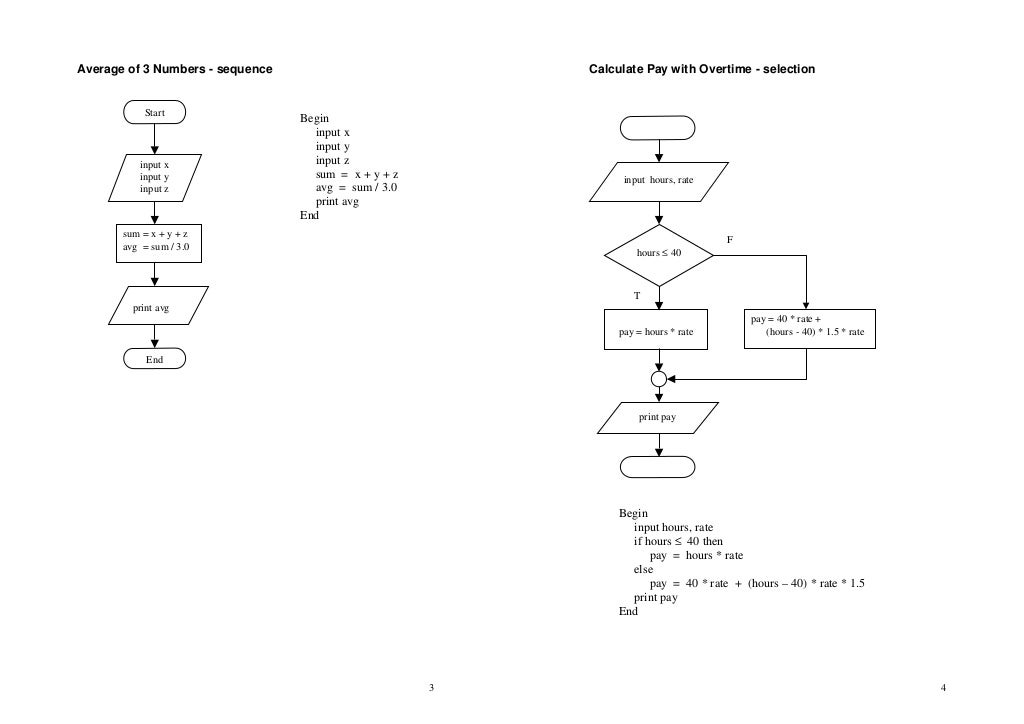Flow chart pseudo code is a visual representation of an algorithm or a process, which uses a combination of symbols and text to illustrate the steps involved. It helps in breaking down complex problems into smaller, more manageable parts, making it easier to understand and implement.
One of the main benefits of using flow chart pseudo code is that it provides a clear and concise way to communicate the logic of an algorithm. By using symbols such as rectangles, diamonds, and arrows, it helps in visually representing the sequence of steps and decision points in a process.
Flow Chart Pseudo Code
Additionally, flow chart pseudo code is language-independent, meaning it can be used to describe algorithms regardless of the programming language being used. This makes it a valuable tool for programmers, as it allows them to focus on the logic of the algorithm rather than the syntax of a specific language.
How to Create a Flow Chart Pseudo Code
Creating a flow chart pseudo code involves breaking down the algorithm or process into smaller steps and representing them using symbols and text. The basic symbols used in a flow chart include:
- Rectangle: Represents a process or action
- Diamond: Represents a decision point
- Arrow: Indicates the flow of the process
Once the steps are identified and represented using the appropriate symbols, they can be connected using arrows to show the sequence of steps. Decision points can be represented using diamonds, with arrows branching out to show different paths based on the outcome of the decision.
Overall, flow chart pseudo code is a powerful tool for visualizing algorithms and processes, making it easier to understand and implement complex logic in programming.
